
CBI Chief: Iran Lowering Dependence on Oil Revenues
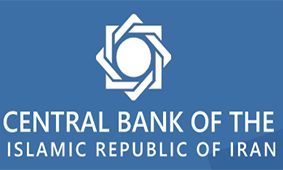
“Oil has had the major share of production and exports in Iran’s economy for 50 years, but today less than one-third of the exports is related to oil,” Hemmati wrote on his Instagram.
He reiterated that Iran’s economic growth had been greatly affected by the oil sector, but now the situation has changed.
“The CBI will be able to create stability in non-oil sector by adopting monetary and currency policies,” the CBI governor added.
In August, Iranian Vice-President and Head of the Management and Planning Organization Mohammad Baqer Nobakht said that his country is determined to draft its new budget bill with zero-dependence on oil revenues in a bid to disappoint the US with its maximum pressure campaign against Tehran.
Following the US’ unilateral withdrawal from the Iran nuclear deal last year, US President Donald Trump's administration went ahead with re-imposing sanction on Iran, targeting the country’s energy and banking sectors, and stepping up efforts to drive Iran’s oil revenues to zero.
In April, the White House announced its decision not to renew waivers that allow eight countries, including China, Greece, India, Italy, Japan, South Korea, Taiwan and Turkey, to buy Iranian oil without facing US sanctions.
Meanwhile, Iran says with or without waivers, the country’s oil exports will not fall to zero under any circumstances. At the same time, the country is making efforts to reduce its reliance on oil revenues and instead turn its focus on non-oil production and exports.
Back in July, Iranian Parliament Speaker Ali Larijani underlined the US failure to cut to zero his country's oil exports, saying that Washington has been defeated by Iran's smart moves.
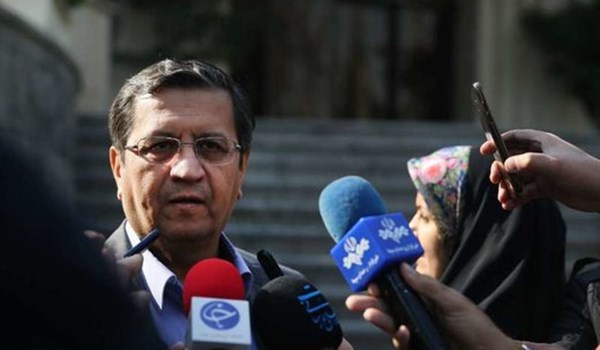

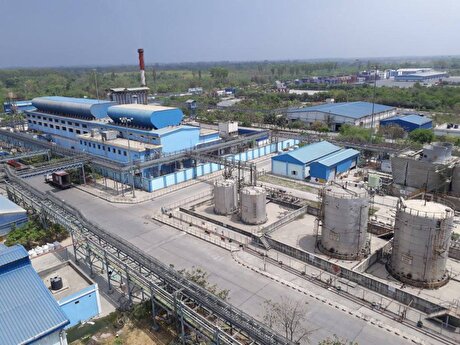
Hindustan Zinc to invest $438 million to build reprocessing plant

Gold price edges up as market awaits Fed minutes, Powell speech

Glencore trader who led ill-fated battery recycling push to exit

UBS lifts 2026 gold forecasts on US macro risks

Roshel, Swebor partner to produce ballistic-grade steel in Canada

Iron ore price dips on China blast furnace cuts, US trade restrictions

EverMetal launches US-based critical metals recycling platform
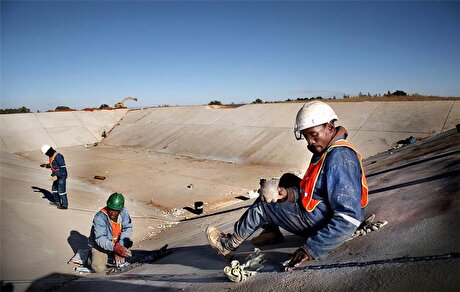
South Africa mining lobby gives draft law feedback with concerns

US hikes steel, aluminum tariffs on imported wind turbines, cranes, railcars

Barrick’s Reko Diq in line for $410M ADB backing

Gold price gains 1% as Powell gives dovish signal

Electra converts debt, launches $30M raise to jumpstart stalled cobalt refinery

Gold boom drives rising costs for Aussie producers

Vulcan Elements enters US rare earth magnet manufacturing race
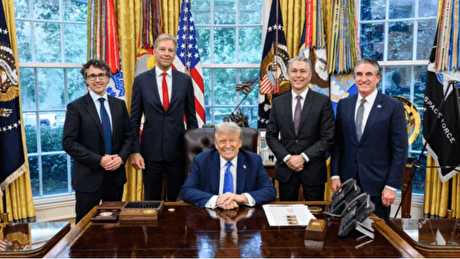
Trump raises stakes over Resolution Copper project with BHP, Rio Tinto CEOs at White House
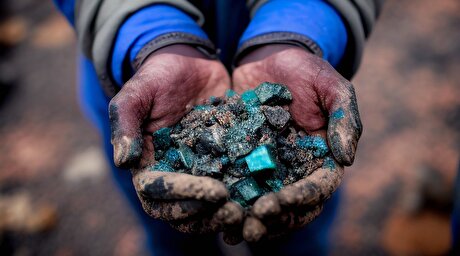
US seeks to stockpile cobalt for first time in decades

Trump weighs using $2 billion in CHIPS Act funding for critical minerals

Nevada army depot to serve as base for first US strategic minerals stockpile

Emirates Global Aluminium unit to exit Guinea after mine seized

Barrick’s Reko Diq in line for $410M ADB backing

Gold price gains 1% as Powell gives dovish signal

Electra converts debt, launches $30M raise to jumpstart stalled cobalt refinery

Gold boom drives rising costs for Aussie producers

Vulcan Elements enters US rare earth magnet manufacturing race

US seeks to stockpile cobalt for first time in decades

Trump weighs using $2 billion in CHIPS Act funding for critical minerals

Nevada army depot to serve as base for first US strategic minerals stockpile

Tailings could meet much of US critical mineral demand – study














